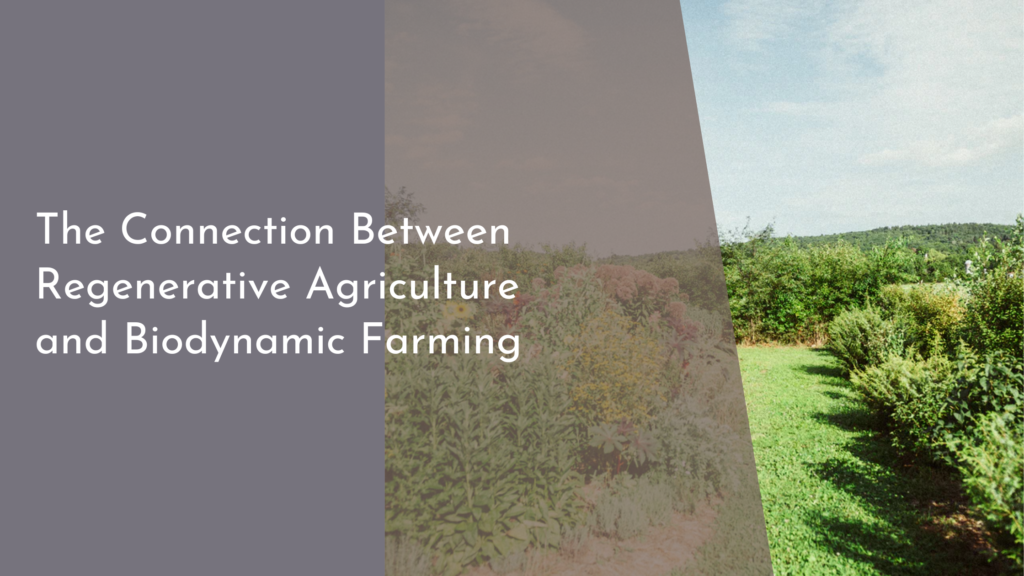Keyhole Gardens: Space-Efficient and Productive
In an era where urbanization and limited space can put a damper on gardening aspirations, keyhole gardens emerge as a delightful solution for small-space enthusiasts. Combining creativity, sustainability, and productivity, these unique garden designs offer an innovative way to grow fresh food right in your own backyard, balcony, or community garden. Unlike traditional gardening methods, keyhole gardens maximize space, making them the perfect choice for anyone looking to enjoy the beauty and bounty of gardening without sacrificing valuable square footage.
Keyhole gardens are circular garden beds with a pie-slice-shaped entryway, which allows easy access to plants while minimizing the need to step onto the soil. This not only keeps the soil loose and healthy but also reduces the risk of compacting it. Their design often incorporates composting materials, leveraging a simple yet effective approach to nurturing plants while promoting an eco-friendly lifestyle. With the right setup, keyhole gardens can yield a plethora of vegetables, herbs, and flowers, showcasing just how magical small spaces can be for gardening enthusiasts.
Discover the Magic of Keyhole Gardens for Small Spaces
Keyhole gardens are perfect for urban dwellers or anyone with limited outdoor space. They typically measure around six feet in diameter, providing ample room for a variety of plants while keeping the footprint small. The circular design encourages vertical growth, allowing you to cultivate a diverse range of vegetables, herbs, and even flowers—all while fitting neatly into a compact area. This space-efficient solution is particularly appealing for those who may not have access to a traditional garden plot, enabling them to engage in gardening regardless of their living arrangements.
What truly sets keyhole gardens apart is their innovative composting system. At the center of the garden is a compost basket, which actively feeds the surrounding plants as it decomposes. This not only provides essential nutrients but also improves soil health, ensuring that plants thrive. The design of keyhole gardens fosters a sense of community as well, often inspiring neighbors to join in the fun. Whether in a backyard, on a rooftop, or in a shared community garden, the keyhole garden serves as a space for connection and creativity, nurturing both plants and relationships.
How to Create Your Own Productive Keyhole Garden
Creating your own keyhole garden is an exciting project that anyone can undertake, regardless of gardening experience. To get started, you’ll need to choose a suitable location that receives plenty of sunlight. Begin by marking out a circular shape approximately six feet in diameter. Next, dig a trench around the perimeter to accommodate the garden walls, which can be made using stones, bricks, or wood. The keyhole-shaped entrance should be approximately two feet wide and should allow easy access to the center compost basket.
Once the structure is in place, fill the keyhole garden with layers of organic materials. Begin with larger items at the bottom, such as sticks or straw, to facilitate drainage, followed by a mix of kitchen scraps, grass clippings, and dried leaves. Cap it off with soil, ensuring that the compost is well-mixed. Now you’re ready to plant! Choose a selection of your favorite vegetables, herbs, and flowers, and arrange them creatively within the garden. With a little patience and care, your keyhole garden will soon flourish, providing an abundance of fresh produce.
The Benefits of Growing Food in Keyhole Gardens
One of the most significant advantages of keyhole gardens is their efficiency in water conservation. The compost at the center retains moisture, allowing plants to utilize water more effectively while reducing the need for frequent watering. This is particularly beneficial in regions prone to drought or for gardeners looking to minimize their environmental impact. Furthermore, the circular design ensures that all plants receive equal access to sunlight, which promotes consistent growth and healthy yields.
Another benefit is the reduced need for chemical fertilizers and pesticides. With the use of organic compost, keyhole gardens thrive naturally, making them a sustainable option for those looking to grow food without the use of harmful chemicals. Additionally, the compact size of keyhole gardens means that they are manageable for people of all ages and physical abilities, allowing everyone to enjoy the rewards of gardening. Whether you’re growing tomatoes, leafy greens, or fragrant herbs, the benefits of a keyhole garden extend far beyond fresh produce—encouraging both health and happiness along the way.
Tips for Maintaining a Thriving Keyhole Garden Ecosystem
To maintain a flourishing keyhole garden, regular upkeep is essential. Begin with establishing a consistent watering schedule, particularly during hot or dry spells. While the compost helps retain moisture, it’s important to monitor the plants and provide additional water as needed. Additionally, regularly check for signs of pests or diseases. Implementing natural pest control methods, such as companion planting or encouraging beneficial insects, will help keep your garden healthy and robust.
Another vital aspect of maintaining a keyhole garden is periodic compost management. As the organic materials break down, it’s beneficial to turn the compost regularly to aerate it and promote decomposition. You might also consider adding new layers of kitchen scraps or dried leaves to enrich the compost and provide continuous nourishment to the plants. Finally, don’t forget to harvest regularly! Picking ripe vegetables and herbs encourages further growth and keeps your plants productive. With a little love and attention, your keyhole garden can be a vibrant source of food and joy.
In conclusion, keyhole gardens present a wonderful opportunity for anyone interested in gardening, particularly those with limited space. By utilizing a unique design that promotes efficient growth, reduces water usage, and encourages sustainable practices, these gardens can flourish in urban environments or on small plots of land. The process of creating and maintaining a keyhole garden can be a rewarding experience, perfect for families, friends, and individuals looking to connect with nature and one another. So why not embrace the magic of keyhole gardens? Your very own lush oasis awaits!


